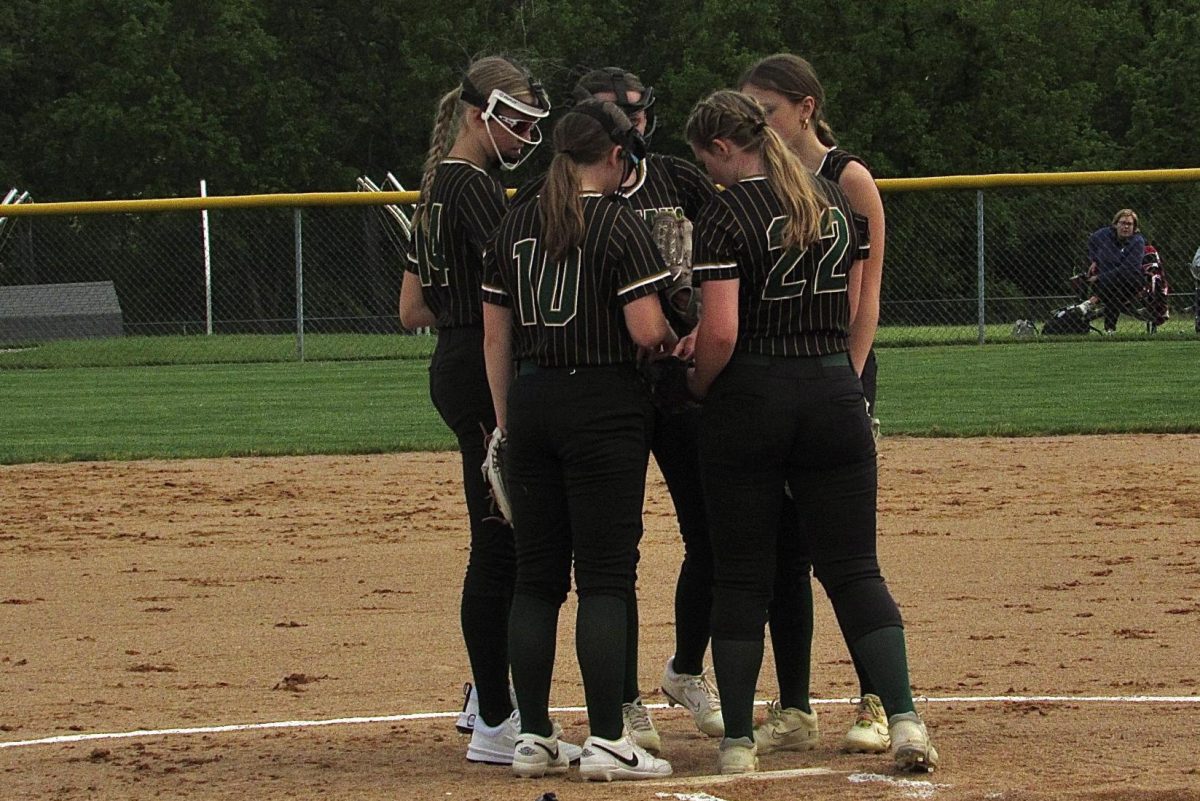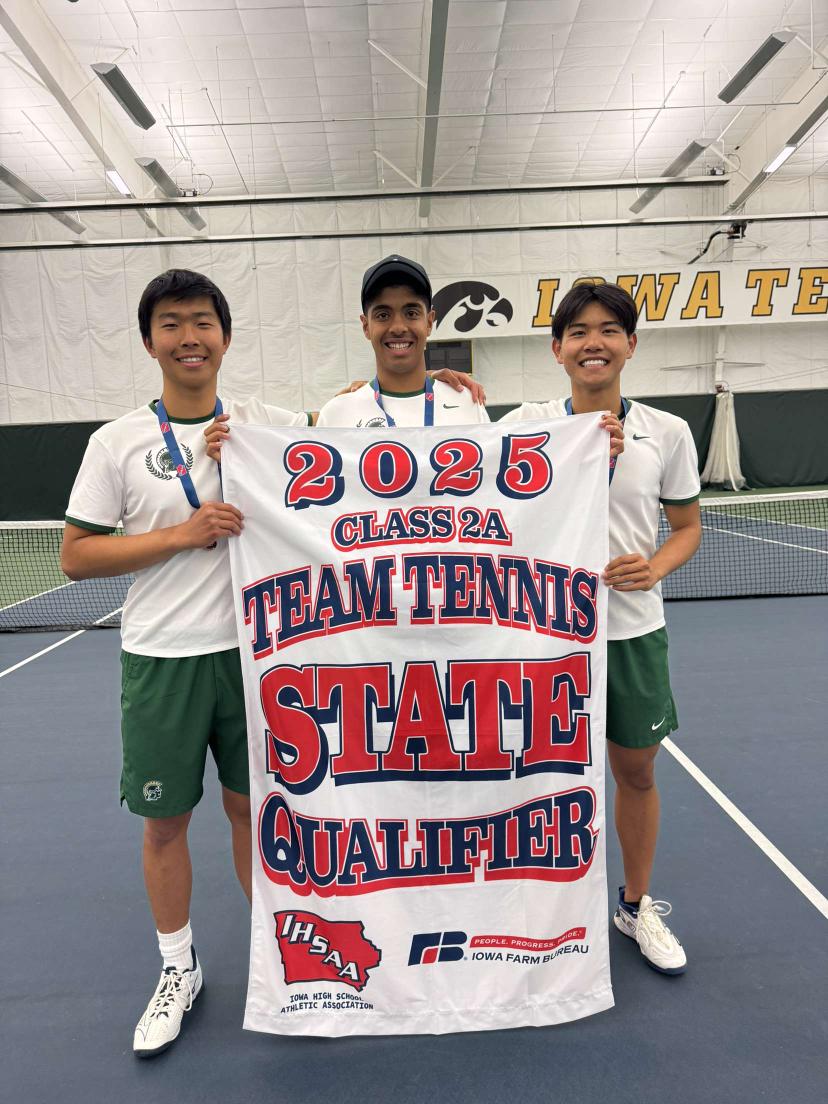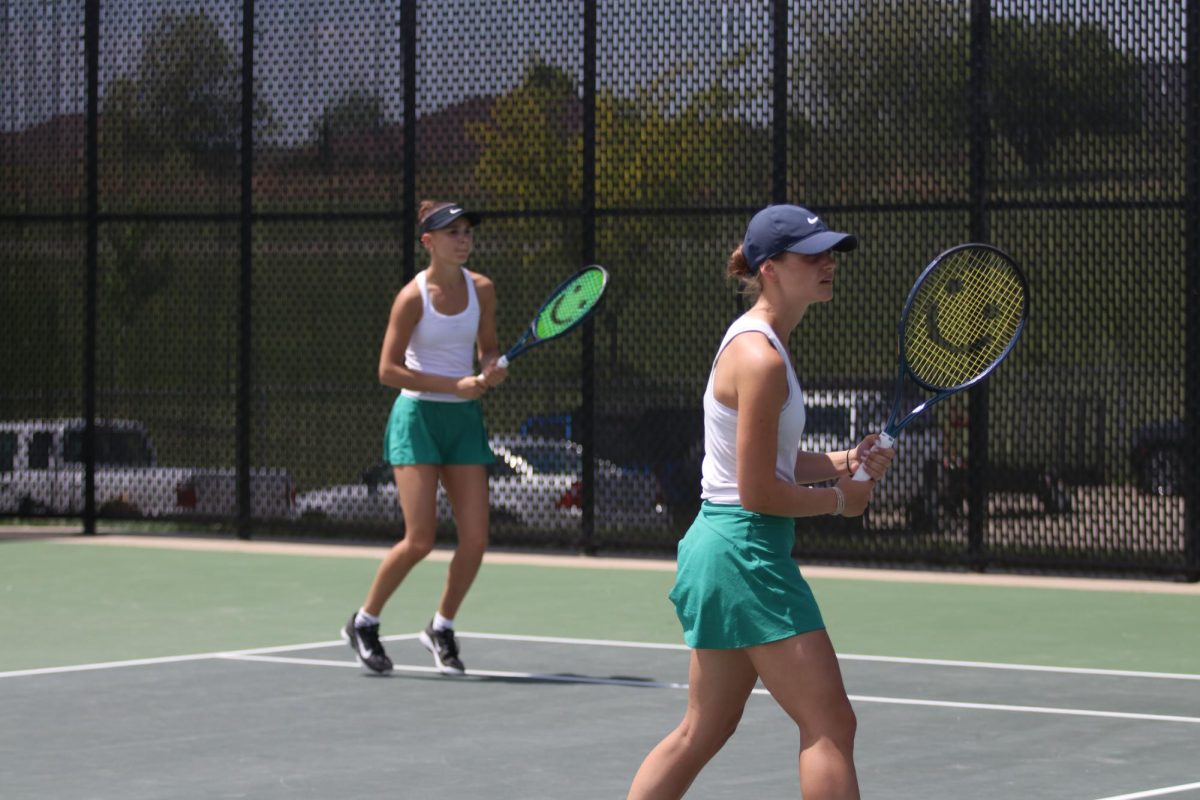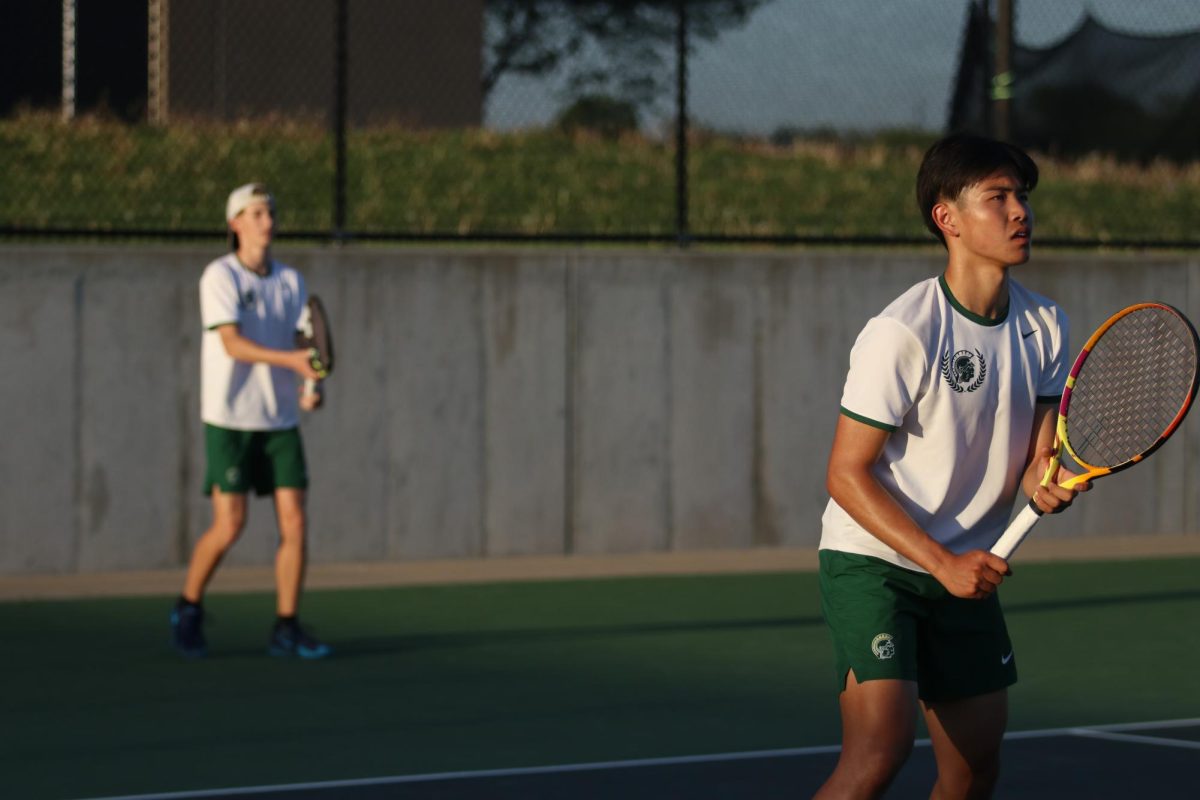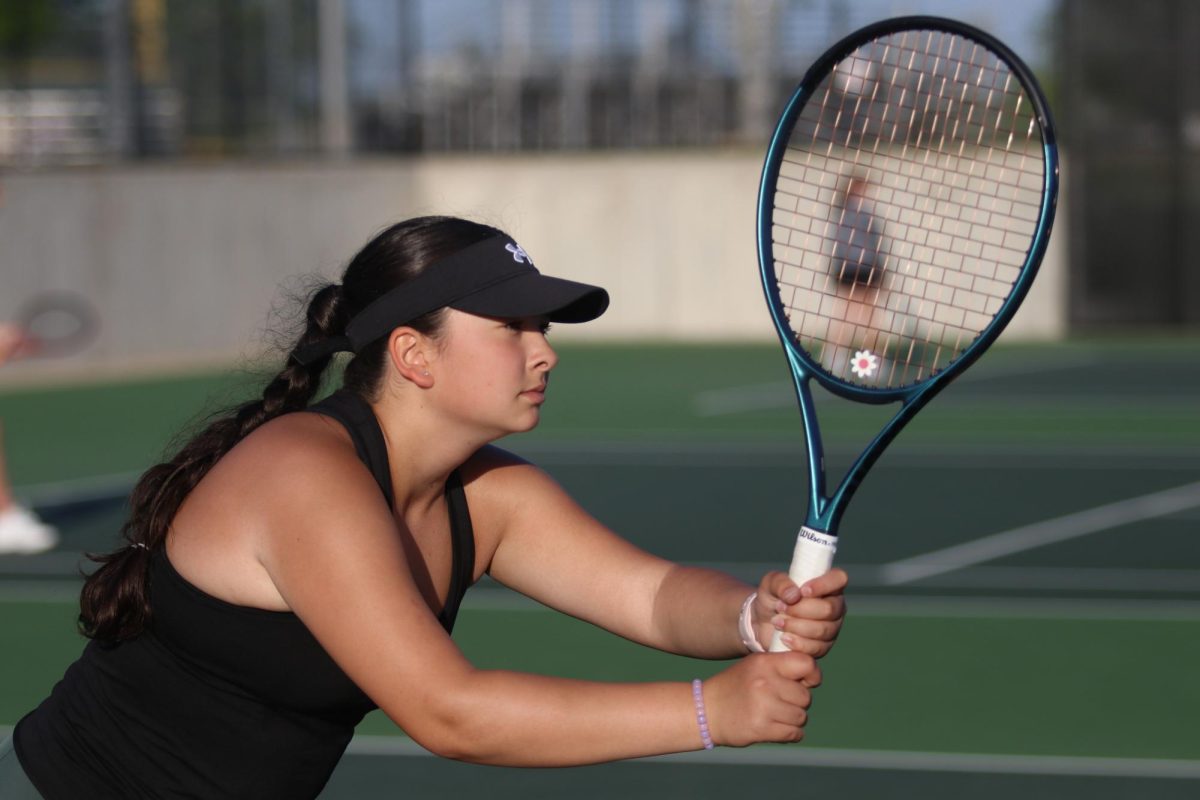West Side Story interviews Trojan rugby coach Josh Flammang over email.
WSS: Favorite rugby player/team?
Flammang: Jasmine Joyce of Wales, Perry Baker from the USA team, Mason Koch of the New England Free Jacks (West alumni!).
WSS: Did you play rugby in high school? College? Professional rugby career?
Flammang: I started playing rugby in May of my senior year of high school in 2002 when the local men’s club in Dubuque was trying to start a high school team. My friends and I didn’t really know what we were doing, but it was so much fun.
I took that experience and played for four years for the University of Iowa Rugby Club. I then played for a men’s club (Pearl City 2007-2009) in Muscatine, which had players brought in from Australia, New Zealand, England, South Africa, Fiji, Samoa and a few more countries. It was the best competitive experience of my life and introduced me to what diversity really was.
I then continued to play for men’s clubs in Dubuque (2009-2012) and Iowa City (2013-2017). I will occasionally still play in a Summer 7s Tournament for fun.
WSS: Do you have a coaching philosophy?
Flammang: I love teaching, and coaching is teaching. When you coach a sport, you’re trying to teach and motivate in a way that will put someone in the best possible position to succeed and work toward their goals and dreams. Having a growth mindset for both teaching and coaching will help players and coaches strive to be their best.
WSS: What’s the most fun part of rugby?
Flammang: The teamwork, bonds, culture and competition that brings people together like no other sport. Everyone gets to do everything on the field and needs to do it well to be successful. Plus, [I love] the camaraderie from the college and men’s clubs (post high school). How many sports involve fierce competition with each other and then immediately hold a welcoming social gathering with each other after the match?
WSS: What’s the most fun thing to teach? Scrums, line-outs, jukes, that kind of thing.
Flammang: Good passing and offloads where everyone is in support and locked in is when rugby is best. Solid, safe, effective tackling that stops the offensive attack with perfect form. I’ve been told I have a mean ball fake/dummy pass. When you’re slow, you need to be crafty like that. I like teaching those.
WSS: If you coach/play 15s or 10s, is there a big difference in how you coach/play?
Flammang: I have mainly played 15s but only coach 7s (Iowa high school uses 7s). I stress one-man tackles, speed, creating and utilizing space (offense) and eliminating space (defense) by having a solid defensive line that works together.
WSS: How do you adapt your coaching style to accommodate different skill levels and ages?
Flammang: You have to understand where your players are, both physically and mentally, while learning how to play a sport and performing the skills necessary to be successful. It starts with safety in drills and builds from there based on what they are ready to try.
WSS: What would you tell someone looking to try rugby?
Flammang: It is the ultimate team sport, as everyone is expected to do every job and support each other in whatever job they are doing. Communication is so critical to your success, so it develops a good habit for young people to talk to each other and be on the same page. All shapes, sizes and speeds are welcome in rugby. There are increasingly more collegiate and professional opportunities to this day, and they are growing. It is worldwide and provides so many opportunities to travel and learn about people, cultures and different areas of the country and world. Some stats: World Rugby is an international federation and a global movement comprising more than 500 million fans and eight million players within 132 national member federations affiliated through six regional associations.
WSS: This is something I’ve always wondered about coaches: how do you not play favorites? How do you keep your personal feelings about a player from impacting how you make decisions?
Flammang: It comes down to building relationships with all players so that they understand they are valued members by the coaches and team, whether they choose to be a chatty person or prefer to stay quiet amongst others on a team. Some players aren’t as interested in making small talk and others want to be the life of the party at all times. Both are perfectly fine, yet one might assume a coach favors one player over the other. Trust is developed by what a player does that benefits both themselves and the team-one in the same. I might have a closer “social/small talk” relationship with a player who ends up not playing much over one who might be guaranteed to start. Thus, the “favoritism” goes out the window. It’s about being fair at the end of the day — to both the player and the team. As long as everyone understands the clear boundaries and expectations of a player-coach relationship, there shouldn’t be any issues.
WSS: How do you approach building trust with your players?
Flammang: Treat them like real people. Be real in your assessment of them (in a respectful way) while also laying out the goals of both the individual player and the team. Be honest and show humility in your decision-making. Challenge players and hold them accountable to the team, but also be honest when coaching decisions could be or should be improved. Understand that we are all here to compete and be our best, but sometimes we are human and will fail. Getting back up after getting knocked down (in rugby or in life).
WSS: What do you think are the most important qualities for a successful rugby coach?
Flammang: Similar to the previous question’s answers, think of the athlete as a person first, before a “rugby player.” Be a great communicator, both with players and parents. As with most sports, relate to and motivate players to achieve a common goal. Schematically, learn from past mistakes and the success of others while utilizing sound, basic, solid fundamental skills and schemes for development.
WSS: Can you share a story about a player whose growth or development you’re particularly proud of?
Flammang: While I didn’t necessarily have anything to do with his development (being pushed out of the coaching role in 2014), I am proud that a person like Mason Koch could take an opportunity and run with it. I had asked him if he was interested in playing rugby in his sophomore year of high school. He said, “Yeah, I think so.” Fast forward 10 years later, after having captained the Dartmouth University rugby team for four years and being drafted in the first-ever Major League Rugby draft, he’s currently completing his fourth year as a rugby professional. I’m glad he was given the opportunity to play rugby. I think it’s made a positive impact on his life.
WSS: What role models or mentors have had the greatest impact on your coaching career?
Flammang: My parents, my high school and college coaches (both in football and rugby) and some of the high school football coaches I’ve been fortunate to learn from and grow.
WSS: Is there anything I didn’t ask about that you feel is important to mention?
Flammang: We are technically entering the 14th year of some form of a rugby team being “unofficially” associated with West High (or Liberty) students but are still not recognized by the school or the district as a club. Hopefully, that can change, as this is a great opportunity for more students and isn’t going to hurt any other programs by growing. Anyone who is for high school athletes being multi-sport athletes would be for rugby and the opportunities it creates. Ironically, Cedar Rapids Prairie, who are in their first year of existence as a rugby team, are already officially recognized as a club with a staff member sponsoring it at Prairie high school.
The league is organized by the Iowa Youth Rugby Association, which mirrors the requirements that the IAHSAA employs. We are hopeful that we can someday generate the same support from West High and ICCSD. There are currently about 28 high school teams in the state, and the goal is to build to around 50 teams so we can start talking about the sanctioning process (becoming a varsity sport).



